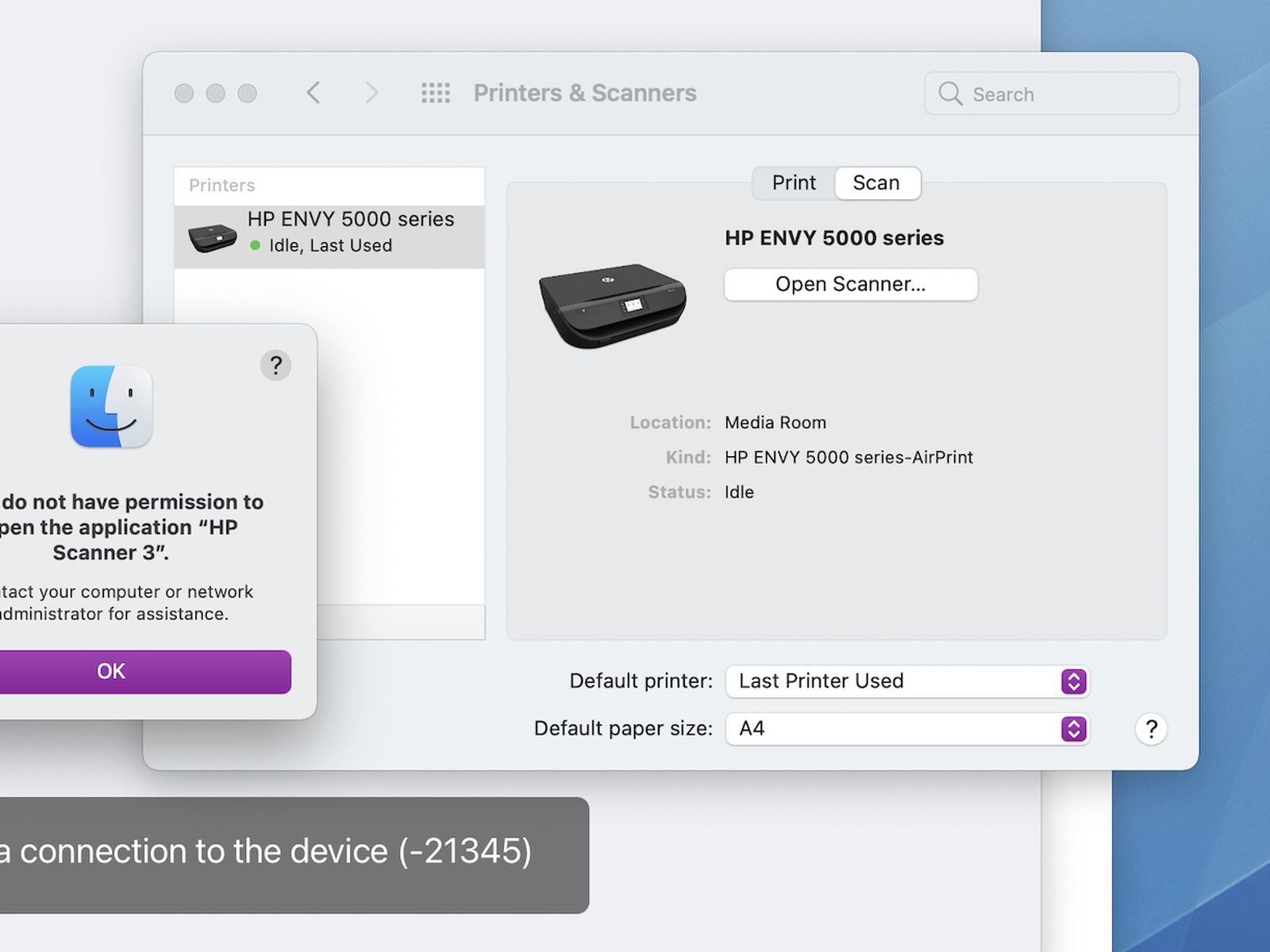

- Why don't i have permission for a program in mac android#
- Why don't i have permission for a program in mac code#
Potential access to the AdId (advertising identifier) on both platforms – which can be used for tracking individuals across apps – was more common on Android (86.1 per cent of apps) than on iOS (42.7 per cent of apps). In terms of data minimization, a requirement of Article 5 of the GDPR, and of user opt-in prior to data collection per UK and EU laws, most developers did not change the default options in their tracking libraries that would have avoided unnecessary data collection. The most common tracking library on Android is Google Play Services (in 87.3 per cent of apps) on iOS, it's Apple's SKAdNetwork library (in 69.6 per cent of apps), which discloses ad interactions to Apple and could potentially be used for building its own ad system. "However, Google also has a significant presence on iOS, highlighting its dominance in the smartphone ecosystem." "Overall, tracking services are widespread on both ecosystems, but slightly more so on Android, likely in part due to Google’s dual role as a dominant advertising company and platform gatekeeper on Android," the paper says.
Why don't i have permission for a program in mac code#
The boffins said some apps use code obfuscation to hide the presence of tracking libraries, but they explained this didn't affect their analysis because while tracking libraries may try to conceal their code, user-facing APIs aren't easily hidden. And a substantial number of apps on both platforms contained at least one tracking library (88.73 per cent on Android and 79.35 per cent on iOS). A small number of Android apps (3.73 per cent) contained more than 10 tracking libraries, compared to 3.13 per cent on iOS. The researchers said apps from both platforms commonly use tracking libraries, noting that the median number of tracking libraries in an app was three on both platforms.

"Overall, we find that neither platform is clearly better than the other for privacy across the dimensions we studied," the paper says. Specifically, the researchers found lack of user consent for third-party tracking, lack of parental consent sharing PII in kids' apps, tracking libraries not configured to minimize data collection, sending data to countries without adequate data protection, and design decisions by Apple and Google that limit transparency about tracking.


 0 kommentar(er)
0 kommentar(er)
